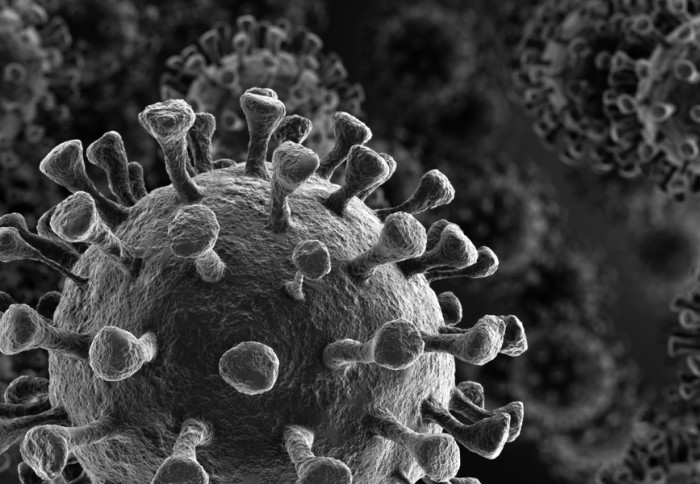COVID-19 patient survey highlights prevalence of PTSD symptoms
by Ryan O'Hare

Survey of thousands of UK patients highlights the lasting mental health impacts of the disease
More than one-third of COVID-19 patients put on a ventilator experience symptoms of post-traumatic stress disorder (PTSD).
These are the findings of new research from Imperial College London and the University of Southampton, which surveyed more than 13,000 UK patients with experience of confirmed or suspected COVID-19.
Researchers found 35% of hospitalised patients who required respiratory assistance with a ventilator reported extensive symptoms of PTSD, falling to 18% of patients hospitalised without requiring a ventilator.
We can see that the pandemic is likely to be having an acute and lasting impact Dr Adam Hampshire Imperial College London
They found lower levels of reported symptoms of PTSD for patients given medical help at home (16%) and patients who required no help at home but experienced breathing problems (11%).
According to the researchers, the data collected from the online studies is helping to provide insights into the psychological impact of COVID-19.
The findings are published today in the journal BJPsych Open.
Dr Adam Hampshire, from Imperial College London, said: "We can see that the pandemic is likely to be having an acute and lasting impact, including for a significant proportion of patients who remained at home with respiratory problems and received no medical help. This evidence could be important for informing future therapy and reducing the long-term health burden of this disease."
Survey results
Data were collected in May 2020 via an online survey as part of a broader citizen science project. The researchers adapted a clinical questionnaire, selecting 10 questions on symptoms of PTSD most relevant to COVID-19, including intrusive images, trying to ‘erase’ memories, and being easily startled.
The responses highlighted that while 35% of patients put on a ventilator experienced all 10 of these symptoms, 41% of all participants reported experiencing at least one symptom to an ‘extremely’ high degree.
The authors argue this demonstrates the importance of following up with Covid-19 patients for symptoms of PTSD. More detailed research, looking at symptoms of PTSD over time, is also essential for understanding the full impact of the virus on mental health and demand for mental health services.
Professor Sam Chamberlain, from the University of Southampton, said: “This study adds to mounting evidence linking Covid-19 to population-level negative mental health effects and shows that these can be measured conveniently in the general population using innovative digital methodologies.”
-
‘Post-traumatic stress disorder symptoms in COVID-19 survivors: online population survey’ by Chamberlin, SR. et al. is published in BJPsych Open. DOI: 10.1192/bjo.2021.3
This article is based on materials from the Royal College of Psychiatrists.
Article text (excluding photos or graphics) © Imperial College London.
Photos and graphics subject to third party copyright used with permission or © Imperial College London.
Reporter
Ryan O'Hare
Communications Division